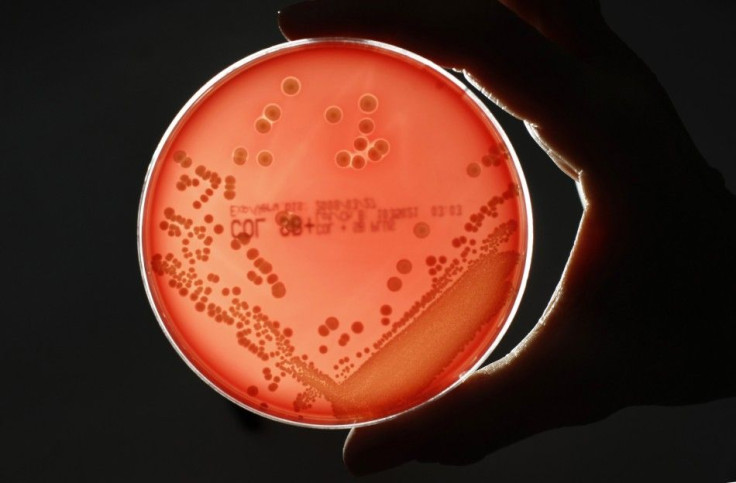Antibiotic-Resistant Gonorrhea: Factsheet

Antibiotic-Resistant Gonorrhea (ARG) Facts:
What?
Scientists discovered a new strain of gonorrhea-causing bacteria in Japan that is resistant to available treatments. A July 8, 2011, report from the U.S. Centers for Disease Control and Prevention urged doctors to be on the lookout for Neisseria gonorrhoeae, a bacterial strain that causes the disease and can grow and multiply, which is resistant to cephalosporin, a common treatment used for the disease that over the last decade has failed to, and to report the antibiotic-resistant cases quickly.
The strain is being classified as: Gonorrhea strain H041.
Are there alternative treatments?
Currently, CDC STD treatment guidelines recommend dual therapy with a cephalosporin antibiotic - Ceftriaxone is preferred - and either azithromycin or doxycycline to treat all uncomplicated gonococcal infections among adults and adolescents in the United States.
Health officials say it is important to take all of the medication prescribed to cure gonorrhea. Although medication will stop the infection, it will not repair any permanent damage done by the disease.
Why should you care?
According to the CDC, more than 700,000 persons in the U.S. get new gonorrheal infections each year and less than half of these infections are reported to CDC. In the United States, the highest reported rates of infection are among sexually active teenagers, young adults, and African Americans. In 1986, the CDC established the Gonococcal Isolate Surveillance Project, or GISP, was established in 1986 to monitor trends in resistant strains of Neisseria gonorrhoeae in the United States, at the following sites and cities:
- Albuquerque, NM
- Atlanta, GA
- Baltimore, MD
- Birmingham, AL
- Chicago, IL
- Cincinnati, OH
- Cleveland, OH
- Dallas, TX
- Denver, CO
- Detroit, MI
- Greensboro, NC
- Honolulu, HI
- Kansas City, MO
- Las Vegas, NV
- Los Angeles, CA
- Miami, FL
- Minneapolis, MN
- New Orleans, LA
- New York, NY
- Orange County, CA
- Oklahoma City, OK
- Philadelphia, PA
- Phoenix, AZ
- Portland, OR
- Richmond, VA
- San Diego, CA
- San Francisco, CA
- Seattle, WA
- Tripler Army Medical center, Honolulu, HI
Source: CDC
In 2009, 23.5 percent of Gonorrhea-based bacteria samples collected from 29 sites were resistant to penicillin, tetracycline, ciprofloxacin, or some combination of these antibiotics. During that same year, 301,174 cases of gonorrhea were reported to the CDC. Since the 1940s, the sexually transmitted disease known as the clap has been easily treated with antibiotics, but the new strain of Neisseria gonorrhoeae has genetically mutated to avoid cephalosporins - the only antibiotics still effective against the infection.
© Copyright IBTimes 2024. All rights reserved.





















